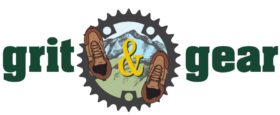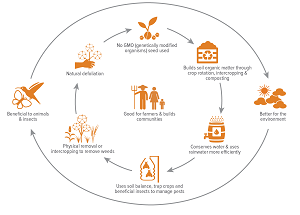With the angst and problems in the world today, we’re unlikely to think of fashion as a solution or a problem. But the textile industry is the second greatest polluter of local freshwater in the world. Add in unethical labor practices, animal cruelty and unsustainable production and suddenly you may vow to never shop again. But the good news is that it’s a problem that can be mitigated—if not solved—by consciously changing our buying patterns away from fast-fashion mentality.
So next time you’re in the shopping mood, consider looking deeper and further beyond those colorful patterns, the warm down in that parka and the wool in your baselayers.
Toad & Co Merino Merritt Hoodie
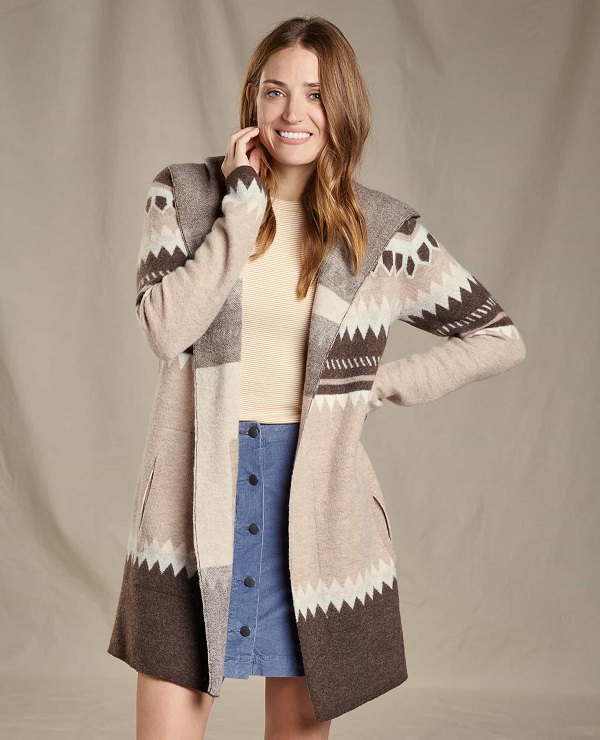
The Toad & Co Merino Merritt hoodie is soft and itch-free and has the certified non-mulesed label. Mulesing is a horrific practice. Right up there with declawing cats.
The wool around sheep’s butt can become rancid with poop and pee, which attracts flies that lays eggs and turn into maggots and start eating the sheep’s butt.
During the mulesing process, strips of wool-bearing skin are removed from around the animal’s bum so that wool doesn’t grow. You can feel good –both physically and metaphorically—knowing that the wool of your Merino Merritt Hoodie came from sheep that happily graze in the high pastures of New Zealand, with the skin around their butts fully intact. Toadandco.com | $199
Patagonia Dusty Mesa Fleece Parka
Wool and cotton are my preferred fibers (over polyesters and nylons) because they’re biodegradable and not oil-dependent. But once in a while, a synthetic piece comes along that is made from recycled and repurposed fabrics. I get on board with these because the end result reduces the amount of toxins and chemicals used across the textile industry.
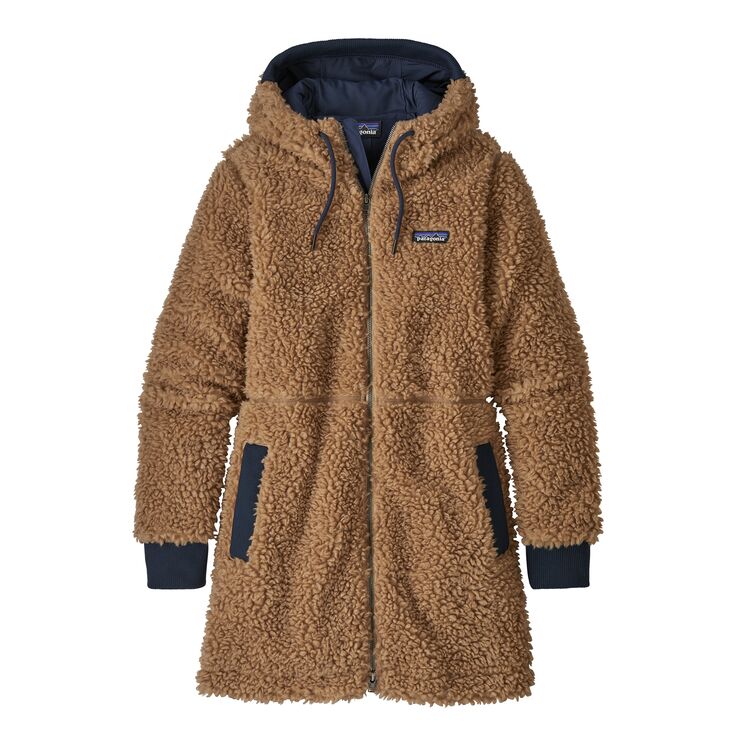
The Patagonia Dusty Mesa Fleece Parka is made of 100 percent recycled half-inch pile fleece. The nylon trim and lining is also 100 percent recycled from the waste of weaving mills. The fact that Patagonia managed this feat should come as no surprise. They were the first outdoor apparel company to use fleece made from recycled plastic bottles, which lessens our dependence on petroleum, reduces landfill waste and causes less air, water, and soil contamination compared to using non-recycled nylon.
As a parka, the Dusty Mesa Fleece parka hits at mid-thigh, is warm and snuggly and its relaxed fit means you have room for a base- and midlayer for those colder days. Full review coming soon. Patagonia.com | $199
Prana Sonatina Dress
At one time, ethical fashion meant drab, style-blind clothes made from hemp or scratchy organic cotton worn only by a niche following. The Prana Sonatina dress is made from 100 percent organic cotton and is Fair Trade certified. What exactly is organic cotton (as opposed to non-organic cotton)?
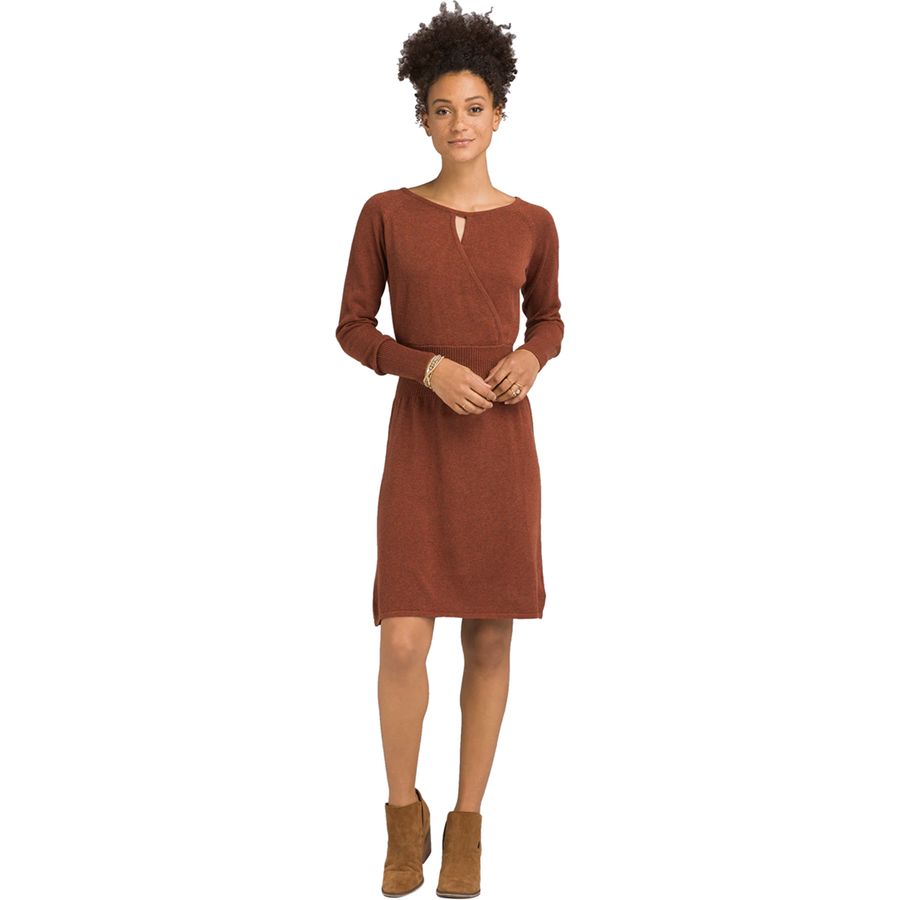
Organic cotton is handpicked to allow the purity of each fiber to be preserved and undamaged in the process. This results in a softer and more durable product. Organic cotton also comes from natural seeds, uses no pesticides or other harmful chemicals and bugs are controlled with insects that kill the pests instead of chemicals. This makes organic cotton safer for you skin. Farmers who raise organic cotton rotate the crops from one soil to another each growing season, leading to healthier crops.
Regular cotton starts with genetically modified seeds to build resistance to bugs. Over time bugs build resistance and require pesticides. Regular cotton is usually machine-picked to feed the appetites of the masses.
This rush-job degrades the purity of the fibers and damages the fibers in the picking process, leading to loss and waste. And unlike organic cotton, which is rotated each growing season, regular cotton is grown on the same soil which degrades the soil quality and nutrients.
When you see the Fair Trade certified label, and you wonder what it means, it means that the garment abides by the Fair trade guidelines to promote trade that is equal and just and not made using unethical practices such as sweatshop or child labor. prana.com | $90
Helly Hansen Verglas Long Insulator
It’s what’s inside that counts and the Helly Hansen Verglas Long Insulator 700-fill down comes as a result of a partnership between Helly Hansen and ALLIED Feather & Down, a supplier who sources its down globally from farmers who have pledged allegiance to the Responsible Down Standard (RDS).
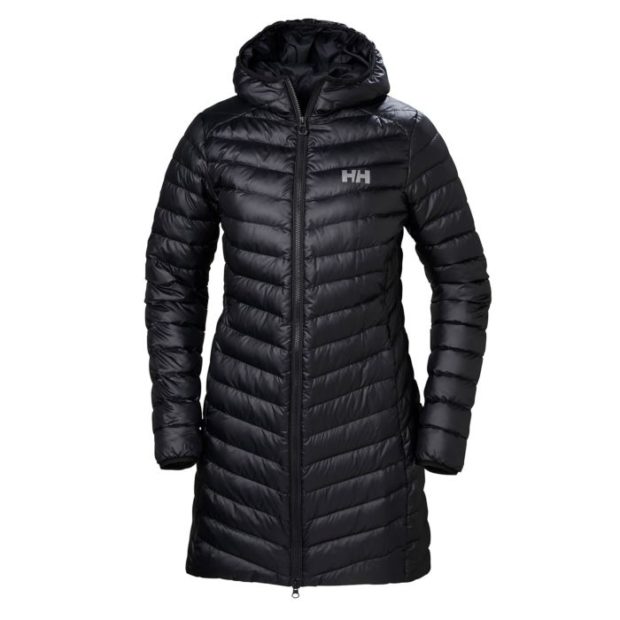
In a perfect world, the down in your jacket, sleeping bag, gloves and comforter come as the byproduct of the food industry. Geese and ducks are raised on farms with good food, fresh air, clean water and warm beds.
When big enough, they’re slaughtered for their meat and the sleeve of a down jacket is filled. Unlucky birds in imperfect worlds are forcibly live-plucked several times a year for their entire lives–then slaughtered for their meat and bloated livers.
That’s what makes this parka so special. Its down comes from the perfect world side—as told by its TrackmyDown.com hangtag of 0808L18F046 where I learned its full story. hellyhansen.com | $300
Duckfeet Arhus Boots
If Nordic style is your thing, the ultimate form of hygge in footwear is the Duckfeet Arhus. Handcrafted from vegetable-tanned leather, its smell, feel, the way it changes color with time is simply dreamy. Plus it’s also considerably more environmentally-friendly than chrome-tanned leather.
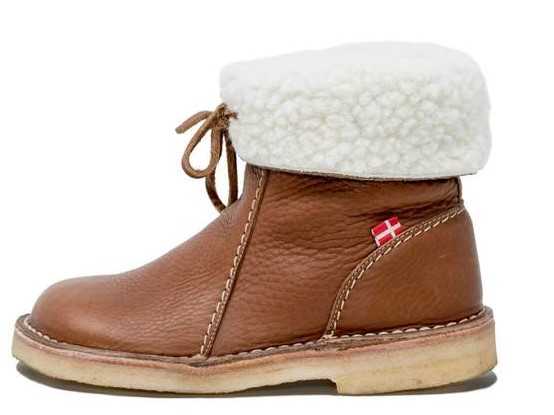
Chrome tanning, which began in the mid-19th century to mass produce leather products en masse uses chromium salts. If not managed correctly, these chemicals and other substances (like arsenic, acids and lead) can end up in the local water supply contributing to devasting consequences for humans and the environment. In terms of timing, a batch of chrome tanned leather can be completed in one day.
Vegetable tanning is the most natural tanning method. It has been around for centuries. Vegetable tanning uses tannin, a substance that naturally occurs in the bark of trees like oak and chestnut for example. It is these tannins into which hides are immersed for several weeks.
However, the method is costly due to the traditional process, the need of highly skilled craftsmen and the long production time of around 60 days for a batch. duckfeetusa.com | $298
